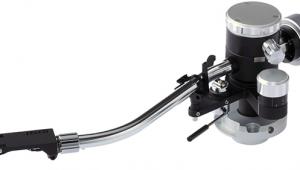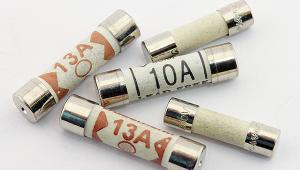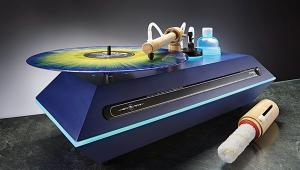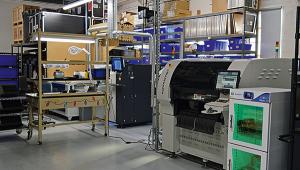Sweet Sounds
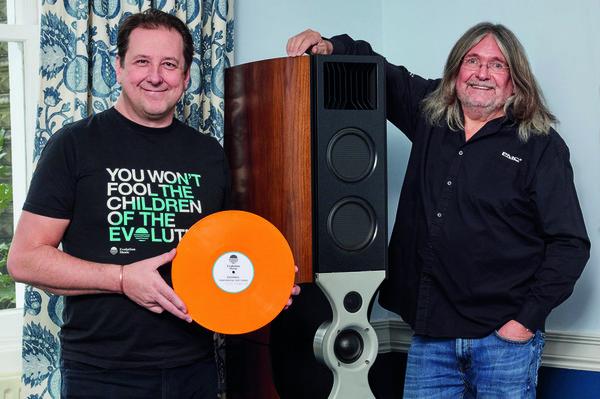
It's hard to be green and analogue. Manufacturing vinyl LPs consumes a lot of fossil fuel and heat energy - one estimate puts the production of PVC (polyvinyl chloride) at 30,000 tonnes per year for use by the global vinyl industry. So, it was big news when British speaker company PMC recently announced investment in UK company Evolution Music Ltd and Evovinyl, an alternative to PVC made from natural sugar cane.
Says Peter Thomas, PMC's founder and chairman: 'I have heard the latest [Evovinyl] test pressings and they sound every bit as good as traditional records... We're looking at this technology to see if we can use it to replace the plastic parts used in PMC loudspeakers.
'The product is finalised and the major record labels are keen to get involved... one of them has pledged to move all production over to the new material... A multi-Grammy winning artist has expressed interest in their next album being pressed using Evovinyl.'
Abbey Road Approval
Says Marc Carey, Evolution Music CEO: 'It potentially enables the record presses to run at a lower temperature than for PVC. Testing has shown a 30% energy saving... And it takes 50% less time to press a record. After five years' R&D [the product] is finally ready for entry into the market place... the sound quality has been assessed by industry professionals such as Rob Cass, in-house producer at Abbey Road Studios, who was speechless... An added advantage is that it naturally dissipates static, preventing the attraction of dust'.
A team at Birmingham University has been working for several years with Duke University in North Carolina, US, on sugar-cane based materials, and offering licences for commercial exploitation saying 'sugar-based plastics shows the shape of things to come'.
Until now, say Birmingham and Duke, sugar-based materials have not matched oil-based plastics for strength. But they have formulated sugar polymers with long-chain molecules that are much tougher, because of greater elasticity. Brave souls can head online to read their US patent (US-20230416447-A1) on 'Tough, reprocessable elastomers and methods of making and using same', filed in November 2021.
Interestingly, these documents (there's also a research paper at https://www.birmingham.ac.uk/partners/enterprise/news/latest/research-into-sugar-based-plastics-shows-the-shape-of-things-to-come) say the silicon chip will likely end up being replaced and, as the new sugar-based polymers have high optical clarity, perhaps they could be used for CDs in addition to LPs?
Evolution Music says it has successfully tested its Evovinyl with existing Pheenix Alpha, WarmTone and Allegro record-pressing machines. 'Initial trials are showing higher unit output per hour because of the reduced temperatures requiring shorter heating and cooling times... temperatures are typically around 15% less'. Bad pressings can be re-ground for re-use, preferably (as with PVC) after mixing with some virgin materials.
'We tested our Evovinyl and a PVC LP at the National Physical Laboratories (NPL)by putting it in an oven at high humidity and at 50oC for a month,' says Evolution Music. 'They then completed a set of accelerated ageing, mechanical, scratch resistance and acoustic performance tests, comparing the performance of our bioplastic LP with that of a PVC LP. None of the tests indicated any significant risks to the quality or performance of our product compared to PVC LPs.'
Question Time
Anticipating the thoughts of HFN readers, I asked Evolution Music and PMC for any more hard data on the NPL tests and any controlled comparative hi-fi listening tests. Specifically, can they name any record company that has firmly committed to releasing sugar-based LPs (and when); and has Evolution signed any exclusive patent licence deals which will stop other companies competing on price if sugar becomes the new vinyl?
So Far, I'Ve Heard Nothing Solid To Pass On. But This Is Clearly A Story With Legs.
